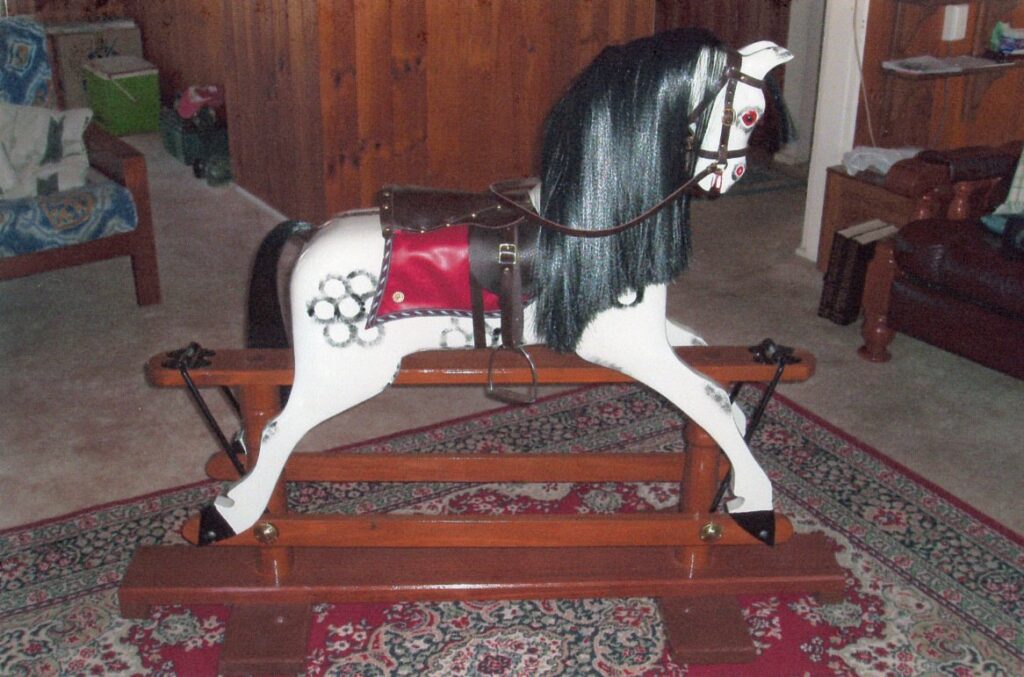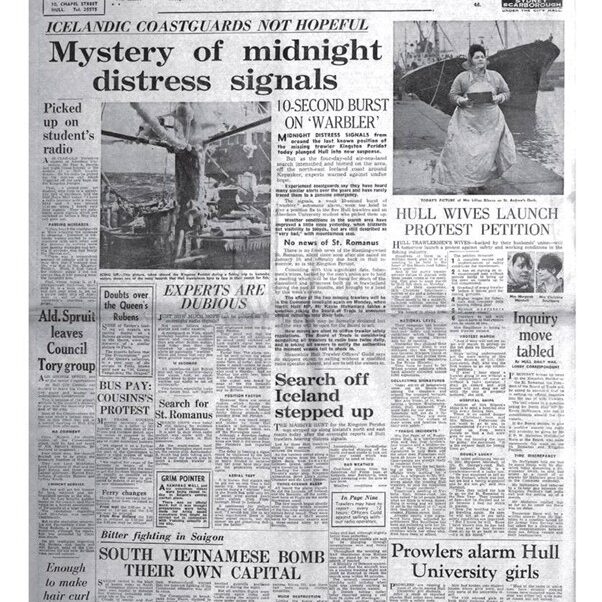
Family history is much more than just collecting a list of names of your great-grandparents . It encompasses a broader understanding of your family’s past. I have gained insight into their lives as I have stood outside of the homes my great- grandparents lived in, walked the road’s they walked on, researched occupations they were doing and how they lived their lives. Here are some of my top tips to gain a broader understanding of your family’s past.
As a child I loved to hear stories my grandparent’s told me. Now as a grandparent myself, I share these memories with my own grandchildren. I have a combined photo’s, stories, and historical documents into a self-made book. Creating a book will make your family history more engaging.
Some of the best stories I have been told by family members are not recorded anywhere and may rely on recalling on my memory and writing them down. Most of us have a mobile phone these days so capturing these stories by recording them are a real gem and saves Chinese whispers.
Prepare a list of questions can help the dialogue. These could include school memories, sibling stories, first memories, food traditions, family holidays, and cultural celebrations.
Understanding historical events and societal changes that your ancestors lived through can provide a deeper understanding on your family history. Learning about how the world was changing during different periods of time can give you perspective on the decisions they may have made.
Being able to travel and explore the locations where your ancestors lived is such a great experience. I have been able to travel to Ireland and the UK and been able to visit museums, libraries, graveyards, churches and even a disused railway station that was connected to my ancestors. All these experiences add depth to my knowledge about my family history. Exploring locations online also holds many surprises if you take the time to look.
My father-in-law made a beautiful rocking horse which my mother-in-law gave me. It takes pride and place in my family home and one day will go to my daughters and their children. A family heirloom can be any treasured item that has been passed down. Most importantly whatever the item is whether worth a lot of money or sentimental value, they hold memories of the people who have passed them down to us.
Exploring your family’s cultural and ethnic heritage can be an essential part of understanding your family’s history. This includes traditions, customs, languages, and cultural practices that have been passed down through the generations.
Family History involves collecting and preserving old photographs, letters, diaries, births, marriages, and death certificates. It’s quite amazing how much is digitised on the internet and finding a document that is over 100 years old and is about one of your ancestors.
DNA testing has made it possible to learn more about your family’s genetic heritage. Many of the DNA sites have platforms where you can connect with family members and share information.
Overall, family history is a multidimension exploration of your family’s past, encompassing genealogy, stories, cultural heritage, historical context, family heirlooms and more. It can help you develop a richer understanding of your family’s identity and the forces that have shaped it over time.

